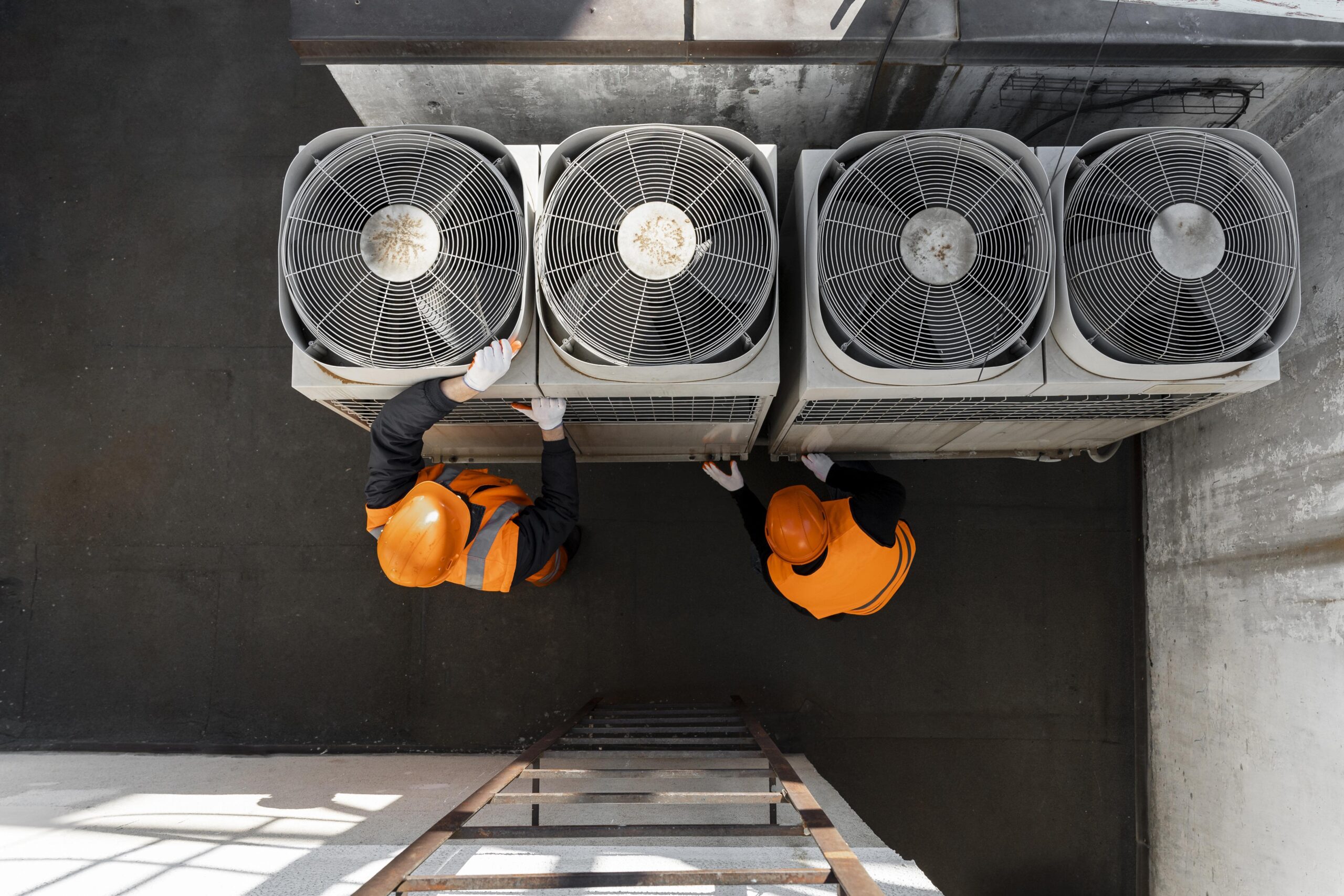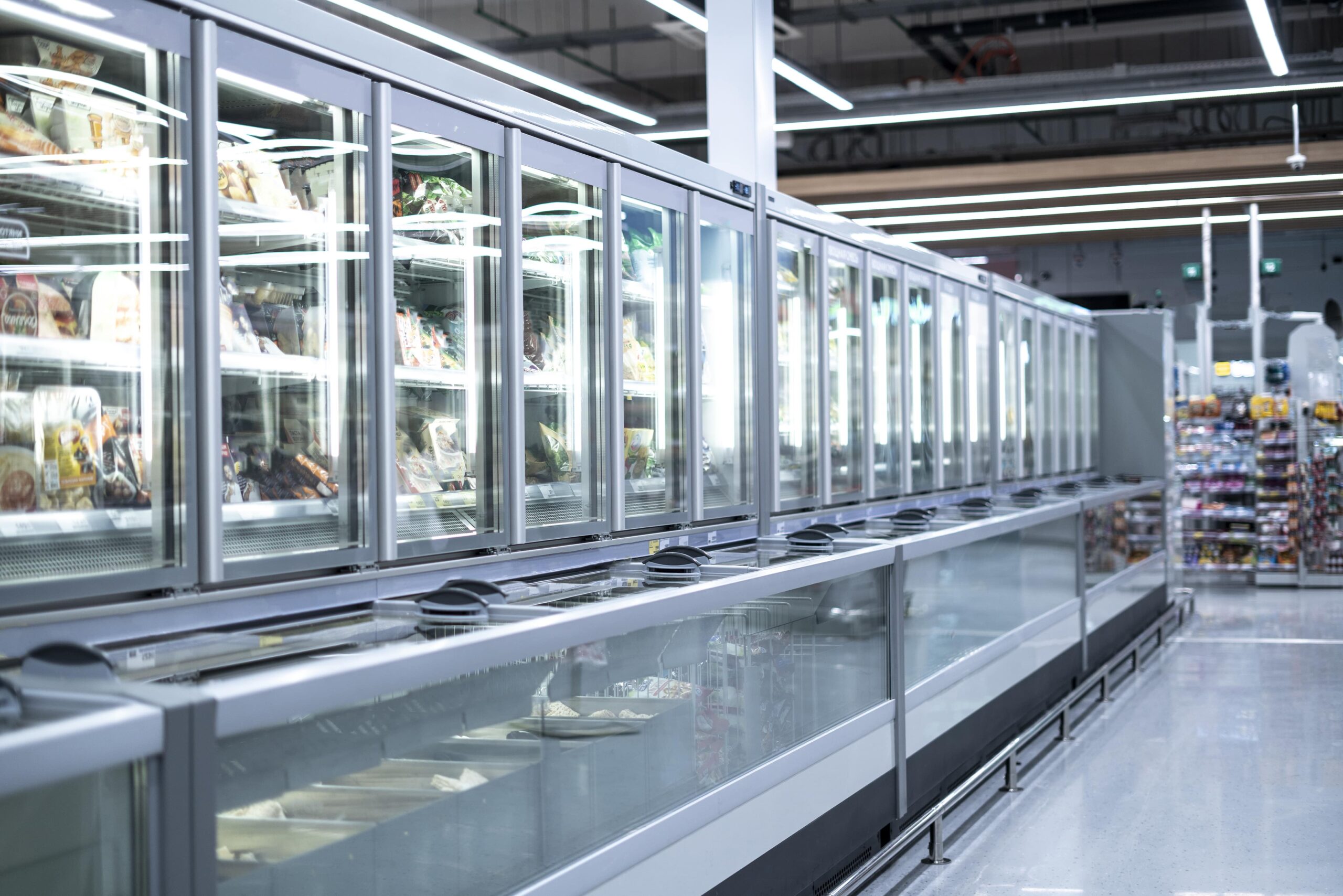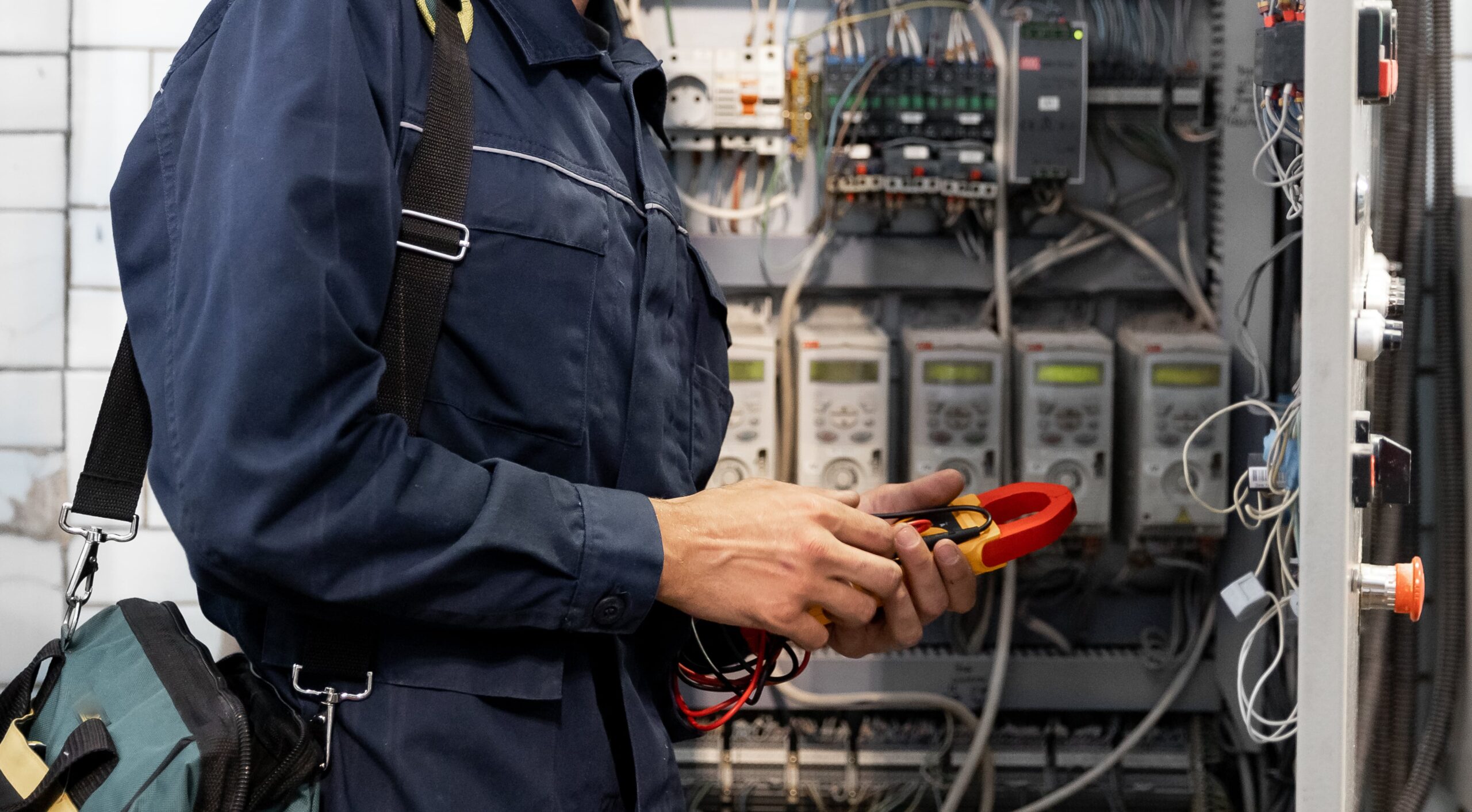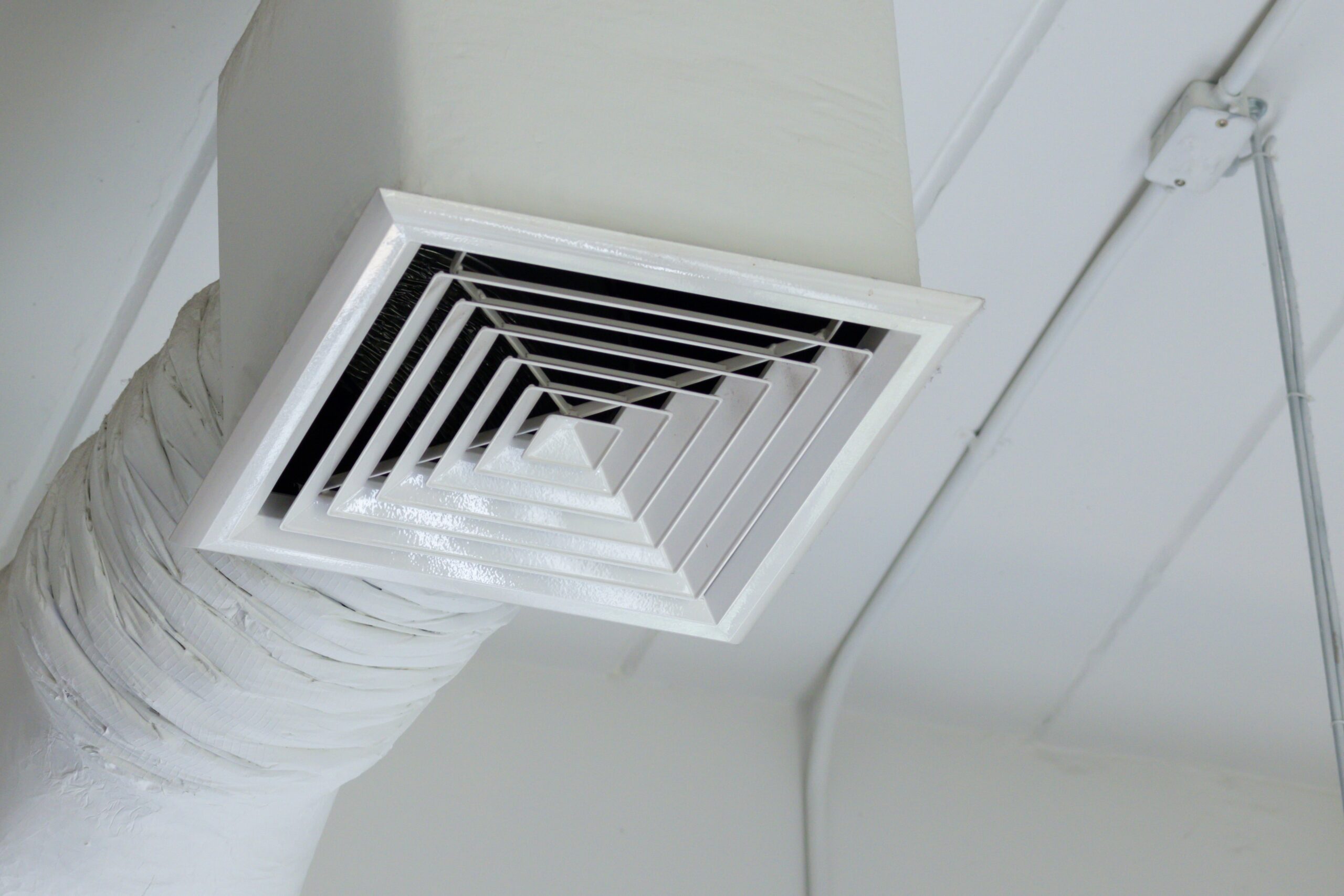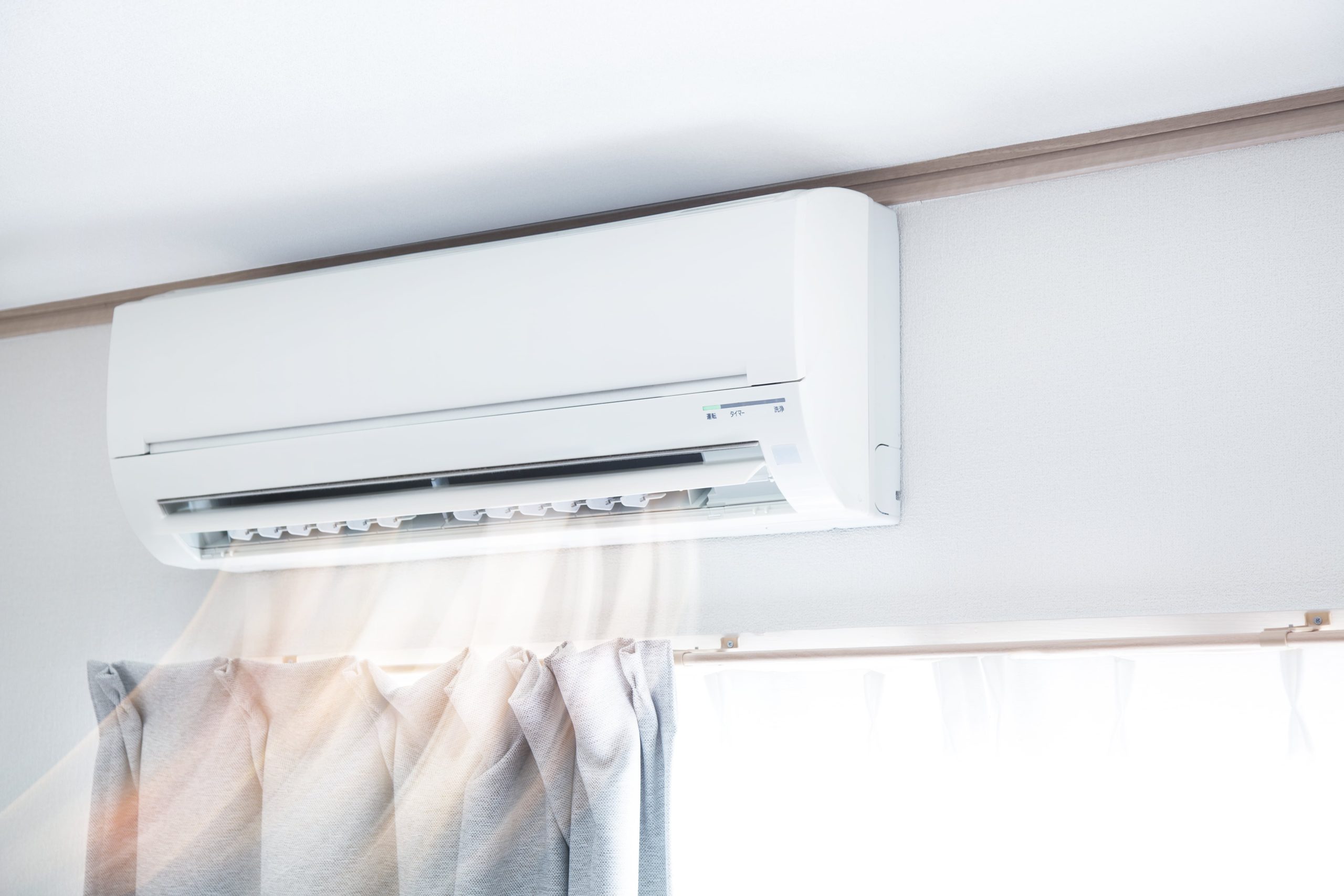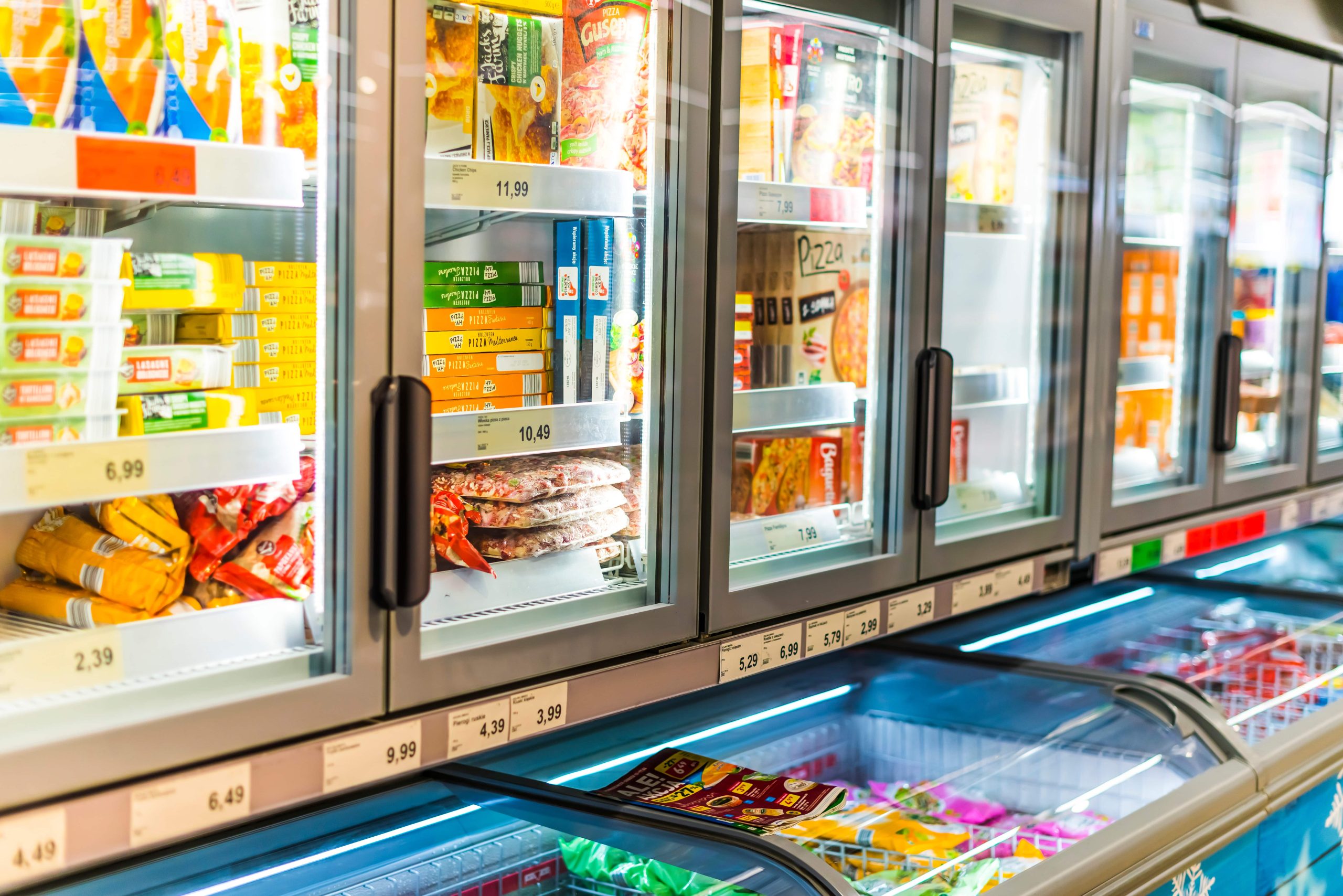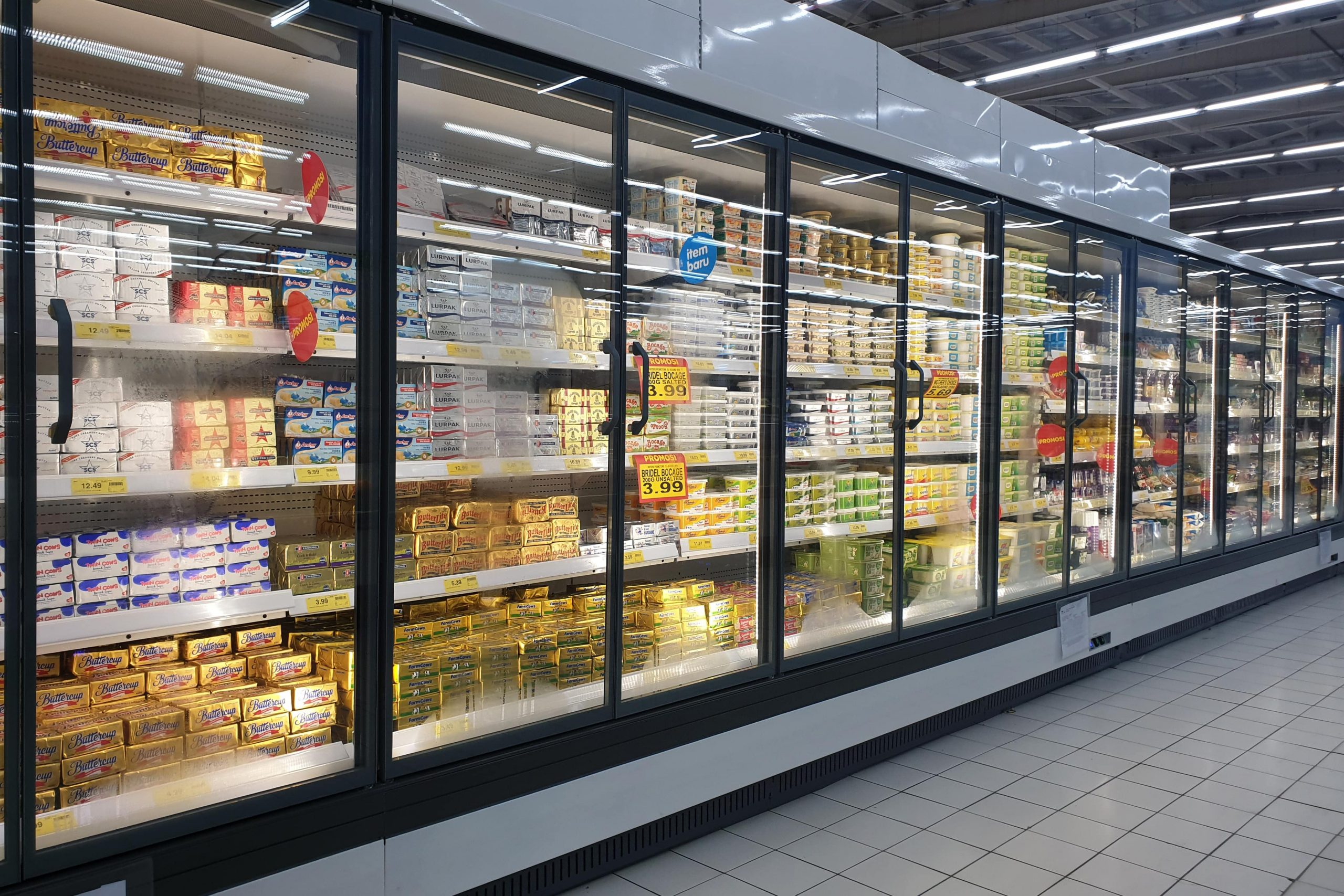Unlocking Efficiency: How Much Energy Does a Commercial Refrigerator Use?
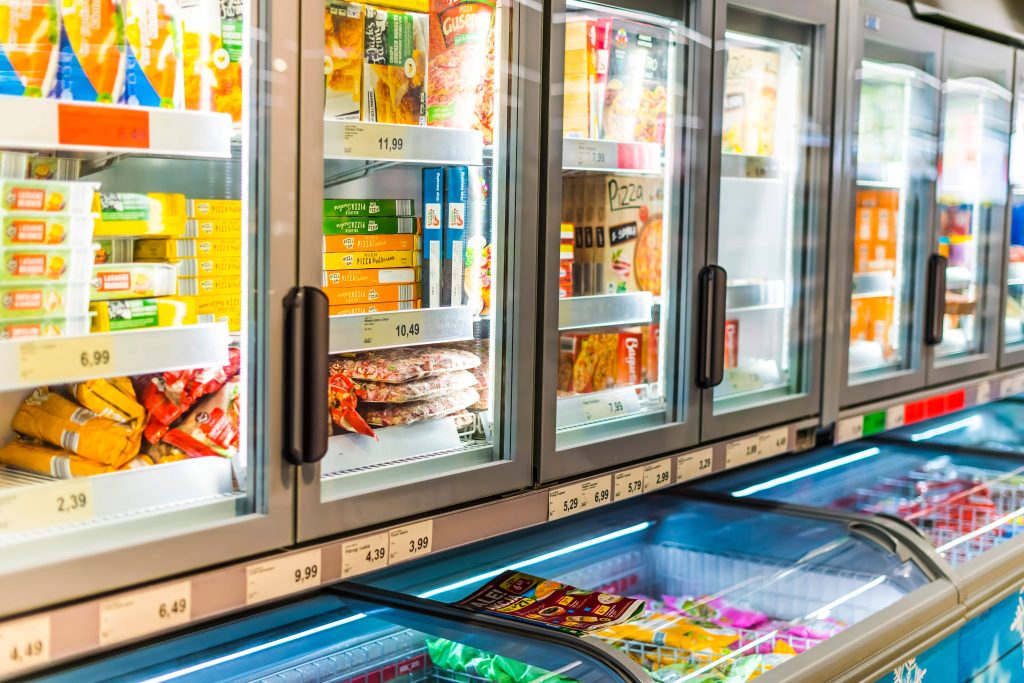
If you run a business that requires cold storage, you might be asking about how much energy a commercial refrigerator uses to prepare for the cost of running it. Understanding energy usage is crucial for effectively managing this and minimising your business’s bills.
Commercial fridges can use up to 17,000 kilowatt-hours of electricity, while commercial freezers can use up to 38,000 kilowatt-hours of electricity. To put those values into perspective, a typical Australian household uses on average 5,472 kilowatt-hours per year. As you can see, commercial refrigeration can consume a significant amount of energy, and it’s crucial to ensure that your fridge is energy-efficient.
Understanding Commercial Refrigerator Energy Consumption
When running a commercial kitchen or other types of food-related businesses, the energy consumption of commercial refrigeration units is a significant factor that affects your operational costs. Understanding how high energy consumption can impact your bills allows business owners to make informed decisions about equipment, and maintenance practices, and implement cost-saving measures.
The energy usage of commercial fridges depends on factors such as size, type, and location. By understanding these factors, you can make practical decisions to reduce energy consumption and save money.
Average Energy Consumption of Commercial Refrigerators
When it comes to working out how much energy a commercial refrigerator uses, energy consumption can vary based on several factors like the ones mentioned above. Understanding these factors can help you make informed decisions when selecting a refrigerator for your business.
Factors Influencing Energy Usage
- Size and Capacity: Larger refrigerators typically consume more energy than smaller ones. This is because they have a larger interior volume that requires more energy to cool.
- Age and Condition: Older refrigerators tend to be less energy-efficient than newer models. Regular maintenance and repairs can keep your refrigerator running efficiently.
- Location and Climate: The location of your refrigerator can also impact its energy performance. If your refrigerator is located in a warm area or near a heat source, it may need to work harder to maintain a consistent temperature.
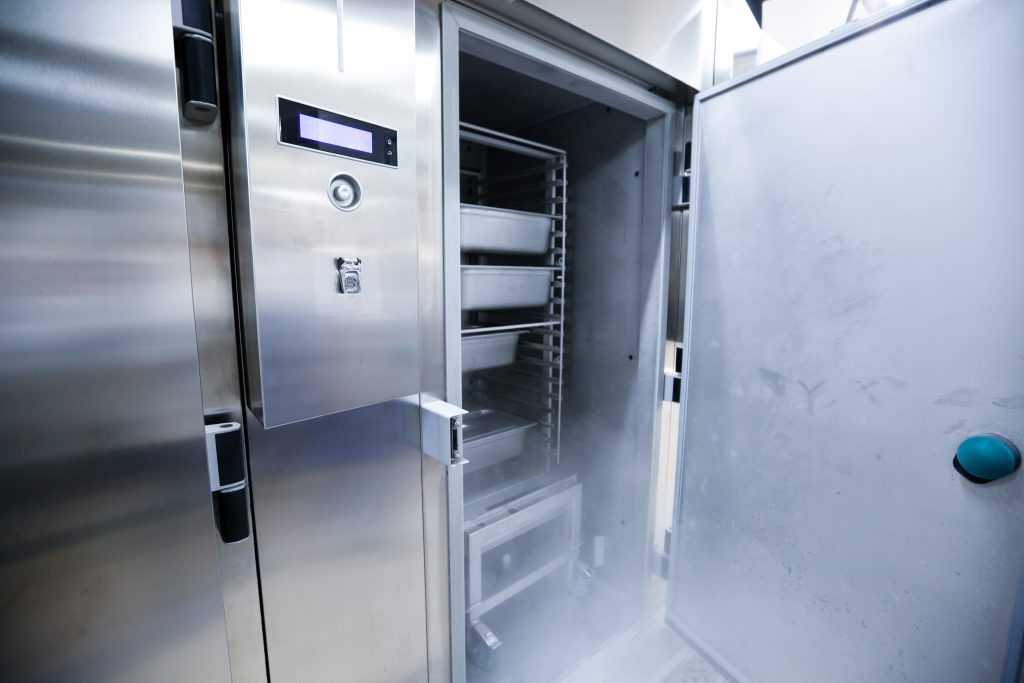
Energy Efficiency and Cost-Saving Strategies
Energy Star Ratings
One of the best ways to ensure that your commercial refrigerator is energy-efficient is to look for an Energy Star rating. Energy Star is a program that helps consumers identify energy-efficient products. Commercial refrigerators with an Energy Star rating are typically 20-30% more energy-efficient than standard models. This can result in significant cost savings over the life of the refrigerator.
Maintenance and Best Practices
Proper maintenance is crucial to ensure that your commercial refrigerator operates efficiently. Some best practices include:
- Regularly cleaning the condenser coils to remove dust and dirt buildup
- Ensuring that the door seals are tight and free of cracks or tears
- Keeping the fridge well-stocked to reduce the amount of warm air that enters when the door is opened
- Setting the thermostat to the manufacturer’s recommended temperature range
By following these best practices, you can help reduce the amount of energy your commercial units use and extend their lifespan.
Read more on Common Commercial Refrigerator Problems and How to Avoid Them
How To Manage Your Energy Consumption
Managing your energy consumption in commercial refrigeration involves several key strategies to improve efficiency and reduce costs:
- Proper Sizing: Ensure your refrigeration units are appropriately sized for your business needs. Avoid oversized units, as they tend to consume more energy than necessary.
- Invest in Energy-Efficient Features: Consider upgrading to energy-efficient fridge units that come with advanced features such as high-efficiency compressors, LED lighting, and smart temperature controls. Although there might be an initial investment, the long-term energy savings can outweigh the costs.
- Monitor Energy Consumption: Implement a system for monitoring energy consumption in real time. Utilise energy management tools or smart technology to track and analyse usage patterns, enabling you to identify areas for improvement and optimise energy usage.
- Strategic Temperature Settings: Adjust temperature settings according to the specific needs of your stored items. Keeping temperatures within the recommended range not only ensures food safety but also prevents unnecessary energy consumption.
By adopting these practices, you can effectively manage your business’s energy consumption, leading to long-term cost savings and contributing to environmental sustainability.

Become Energy Efficient with Perth Air & Perth Solutions
To answer the question of ‘How much energy does a commercial refrigerator use?’ it completely depends on the size, the type of fridge you use and where you place it in your workspace. By following these tips and implementing energy-saving measures, businesses can not only reduce their energy bills but also contribute to a more sustainable and efficient operation. As experts in installing and maintaining energy-efficient refrigeration solutions, Perth Air & Power Solutions are committed to helping businesses achieve their energy efficiency goals and maximise their energy savings. If you need assistance with energy-efficient commercial refrigeration equipment repairs or maintenance services, contact our team of technicians today.




